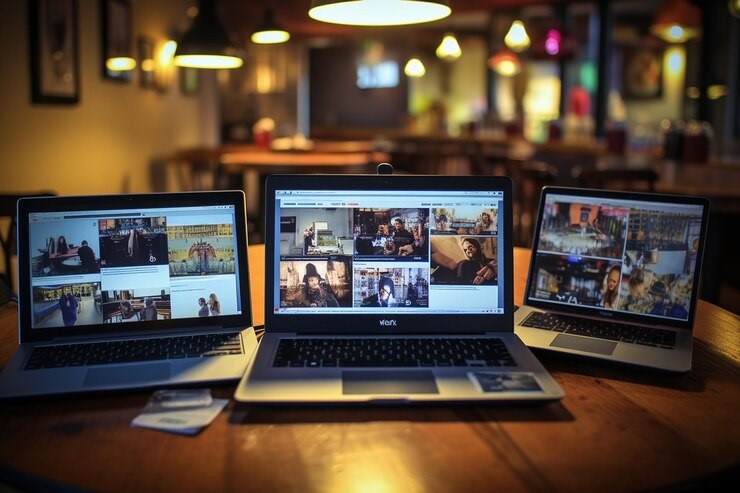Boosting Wireless Connectivity: How 5G Enhances Event Experiences
Introduction to 5G and Event Experiences
Wireless technology has radically redefined how we experience events, from exhilarating sports matches and electrifying concerts to insightful conferences. The arrival of 5G, the latest evolutionary leap in wireless connectivity, has further amplified this transformation, introducing a wealth of possibilities to elevate these experiences. But what precisely sets 5G apart in the realm of event experiences? The remarkable deployment of a 5G booster at the Final Four Tournament exemplifies its substantial capabilities, significantly enhancing network capacity and ensuring lightning-fast data access for mobile users.
The Importance of Reliable Wireless Connectivity
Consistent and dependable wireless access is critical for large-scale events in an era where digital connectivity is essential. Reliable connectivity shapes attendee satisfaction and is a backbone for efficient event logistics, robust security, and thorough real-time data collection. Imagine a scenario where thousands of attendees share live updates, access event apps for information, and engage in interactive activities. All of these hinge on a solid and steady wireless connection. These crucial elements must be fixed with reliable connectivity, leading to a compromised attendee experience and operational disruptions.
Benefits of 5G at Major Events
The advantages of integrating 5G technology at prominent events are extensive and transformative. With substantial enhancements in data speeds and network capacity, 5G ensures uninterrupted streaming of high-definition content, advanced interactive experiences, and fortified security measures. Delivering enhanced augmented reality (AR) experiences is an excellent demonstration of these benefits. AR allows event attendees to engage in unprecedented ways, offering interactive opportunities that were previously confined to science fiction. Additionally, 5G’s ability to process vast amounts of real-time data facilitates immediate analytics and feedback, streamlining event management and optimizing the overall experience for organizers and attendees alike.
Technological Advancements Fueling 5G
Several groundbreaking technological advancements drive the marvel of 5G. Fundamental innovations such as enhanced beamforming, network slicing, and millimeter-wave technology form the backbone of 5G’s superior capabilities. Beamforming, for example, focuses the wireless signal toward specific users rather than indiscriminately broadcasting it in all directions, optimizing efficiency and minimizing interference. Using network slicing, a single 5G network can be divided into several virtual networks, each customized to satisfy the unique requirements of various services or applications. Millimeter-wave technology, on the other hand, leverages higher frequency bands to provide vast amounts of bandwidth and support incredibly high data rates. Understanding these sophisticated technologies provides insight into the complex framework and immense potential of 5G.
Considerations for Implementing 5G
Integrating 5G technology in events necessitates meticulous planning and thoughtful considerations. Crucial factors such as financial investments, compatibility with existing systems, and potential disruptions during the implementation phase must be carefully evaluated. Experts suggest conducting comprehensive feasibility studies and collaborating with industry stakeholders to navigate these challenges and ensure a smooth transition to 5G. Moreover, understanding each event’s unique needs and challenges is vital in customizing 5G solutions tailored to achieve optimal results. A successful deployment of 5G technology will be made possible by thoroughly handling all logistical and technical issues. This will improve the event’s overall effectiveness and experience.
Future of 5G in Event Management
The horizon for 5G in the event management realm is brimming with possibilities. As more venues embrace this cutting-edge technology, the scope for augmenting audience engagement and operational efficiencies expands exponentially. Event management professionals must develop new skill sets and approaches to fully leverage the benefits of 5G. Envision a concert environment where fans can employ AR to interact with performers in real-time or a corporate conference where speakers deliver immersive presentations through VR powered by 5G. These futuristic scenarios are inching closer to reality, showcasing the boundless potential and transformative impact of 5G technology in event management.







